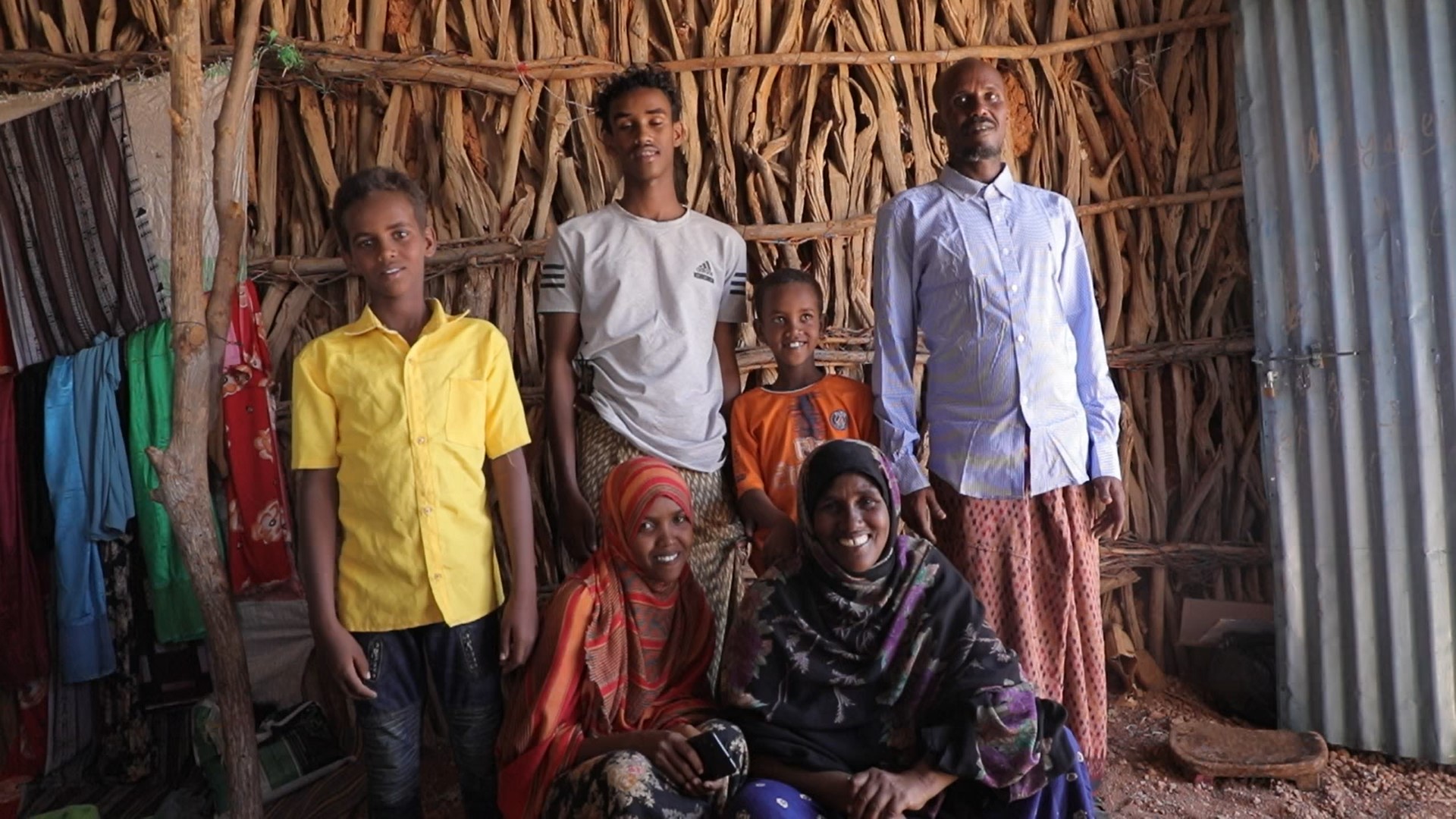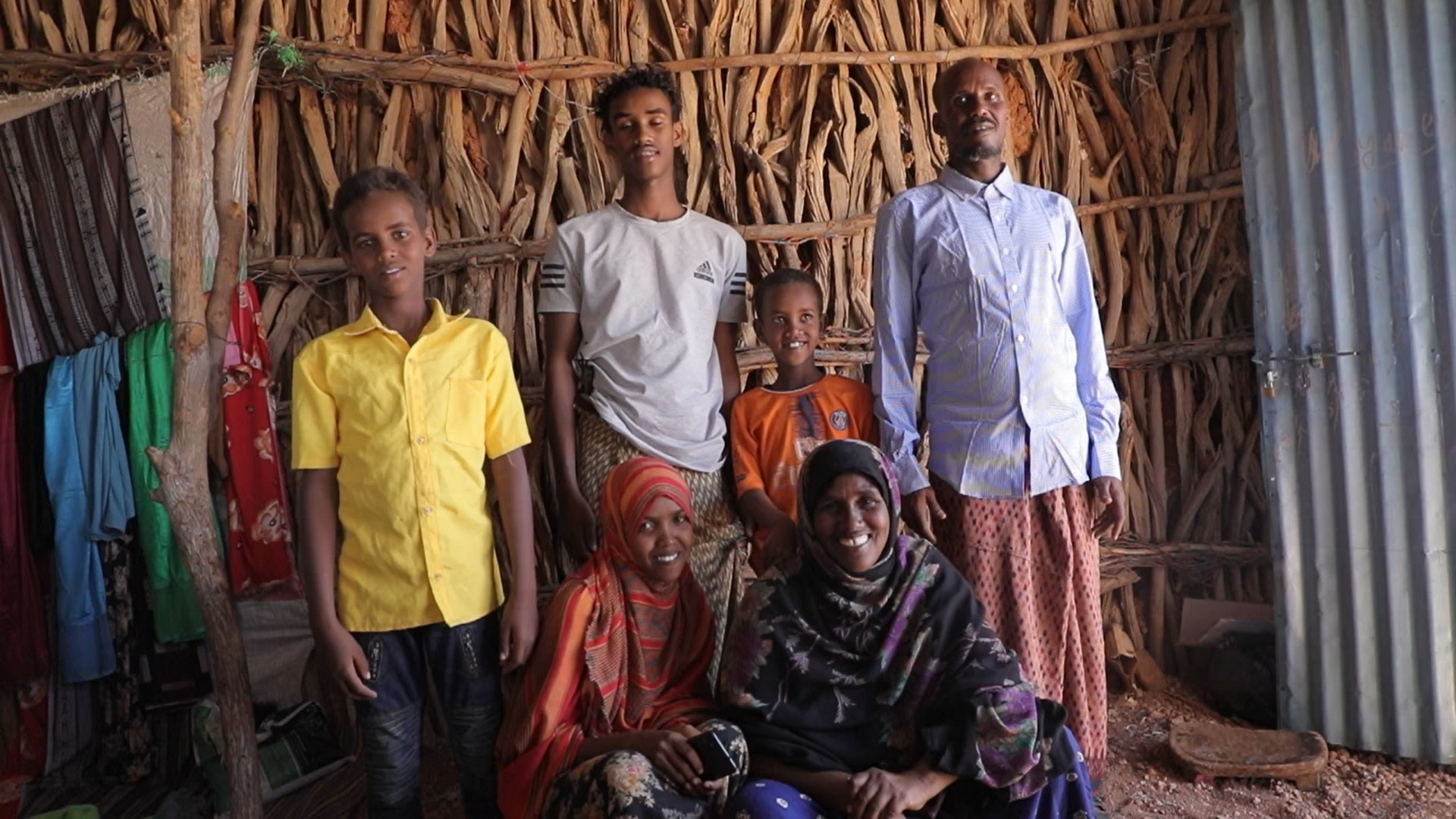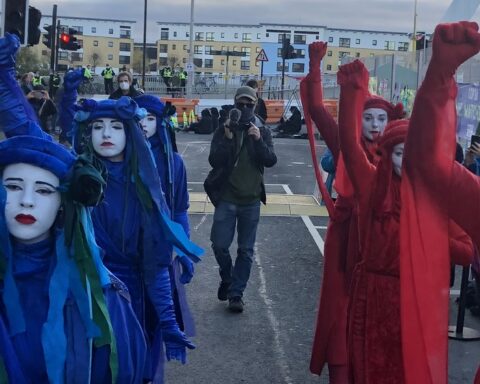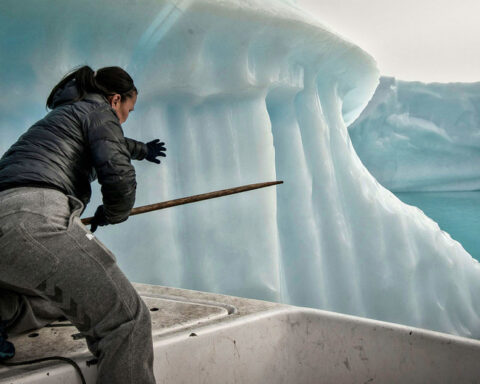Somali Region, 8 Nov 2021 – “The drought really caught up with us. One day, we woke up with our cattle dead due to the extreme dryness and water shortage,” says Asoro, one of the thousands of internally displaced persons (IDPs) who were forced to leave home due to the effects of drought in Ethiopia.
After moving to Ethiopia’s Somali region in the east of the country, she started selling wood and water to provide for her family. But it was not enough.
Qoje and his family share a similar story. He lost his crops due to the drought and was forced to leave home.
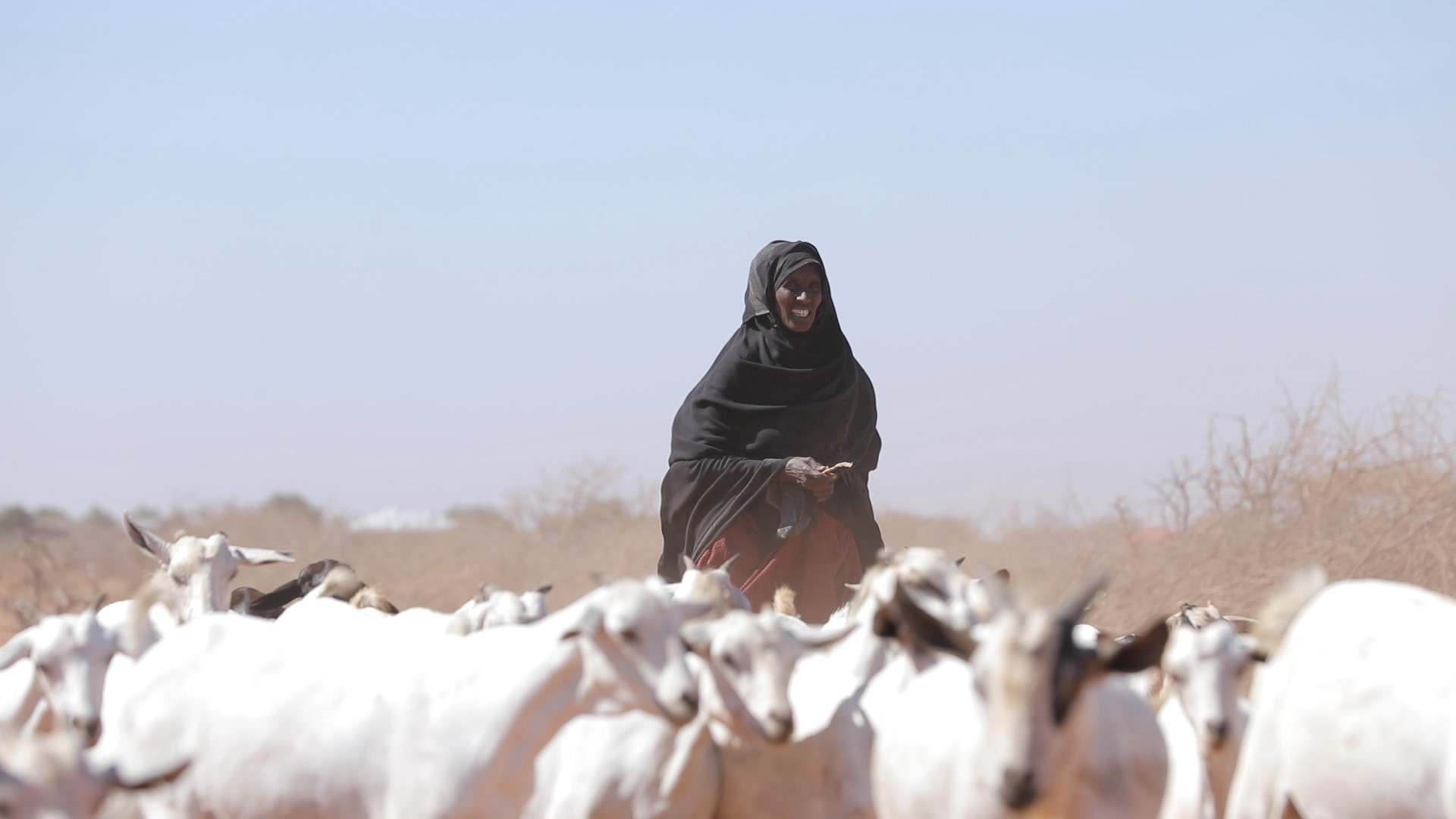
“Our livelihood revolved around our farmland. When we lost it, we lost everything. We had to flee and find another way of earning a living,” he says.
The International Organization for Migration (IOM) has been supporting IDPs like Asoro and Qoje in Somali Region through the Durable Solutions Initiative (DSI). The DSI encourages the collective participation of the IDPs, the host communities and the authorities at all levels in finding solutions to displacement. The goal of this programme is for the communities to identify and mobilize existing resources to achieve recovery priorities, without having to rely on aid alone.
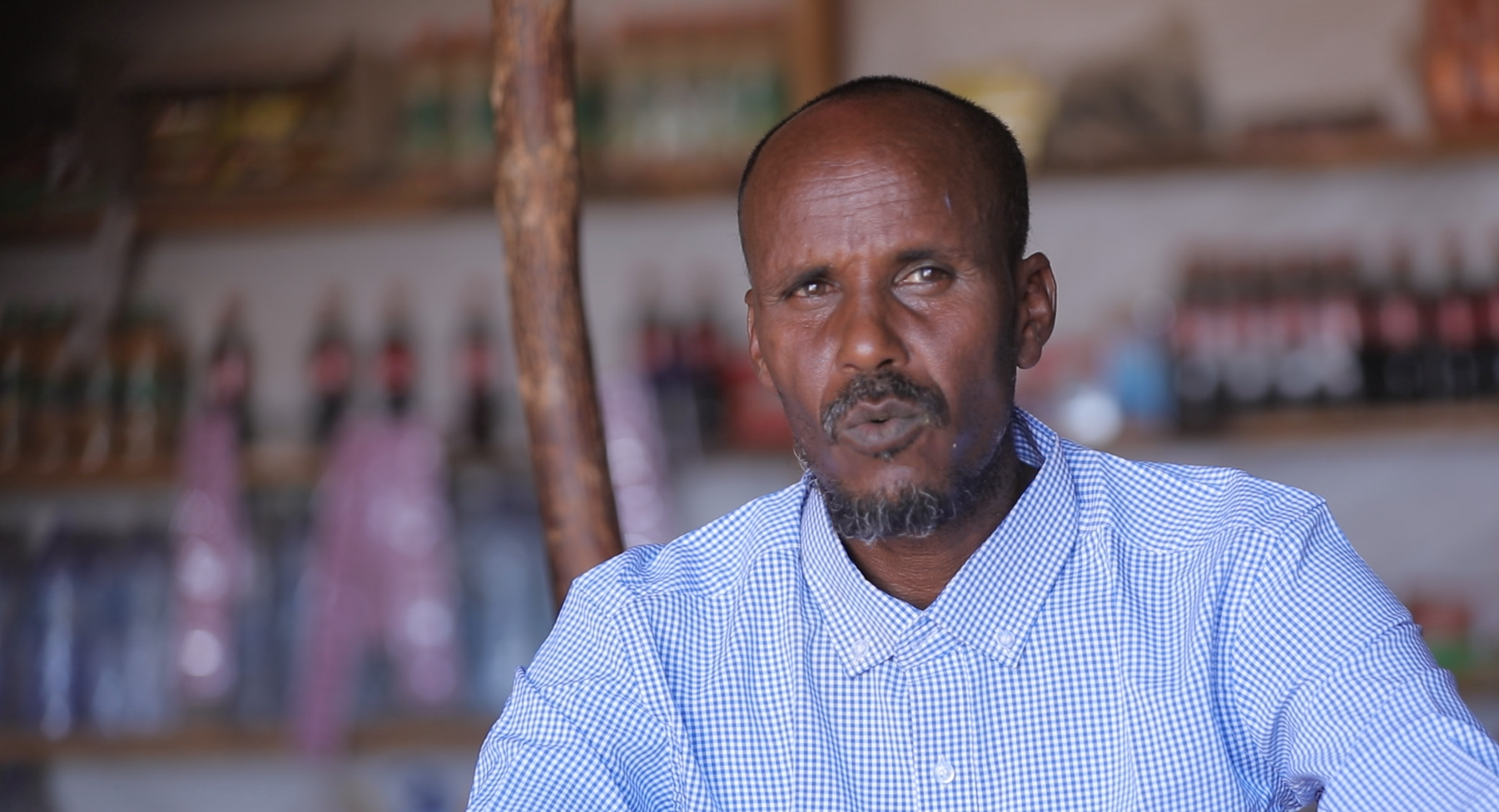
IOM has since provided over 350 IDP and host community households with livelihood support in the location.
The Initiative – developed by the Government of Ethiopia, the United Nations, international and national non-governmental organizations (NGOs) and donors – seeks to ensure IDPs in the country are supported to either return, integrate or relocate voluntarily.
“We are very excited, as the beneficiaries are, to see the initiative achieving its intended objective,’’ says David Coomber, Durable Solutions Expert for IOM Ethiopia. “The families have started rebuilding their lives and their communities. Though the initiative started timidly since its launch due to the emergence and impact of COVID-19, we are optimistic that, with the necessary funding, more families and communities will be assisted to recover their lost assets and return to the life they lived before being displaced.”
Through the DSI, Asoro was given nine goats which she hopes to sell for 3,000 Birr (around USD 66) when they mature.
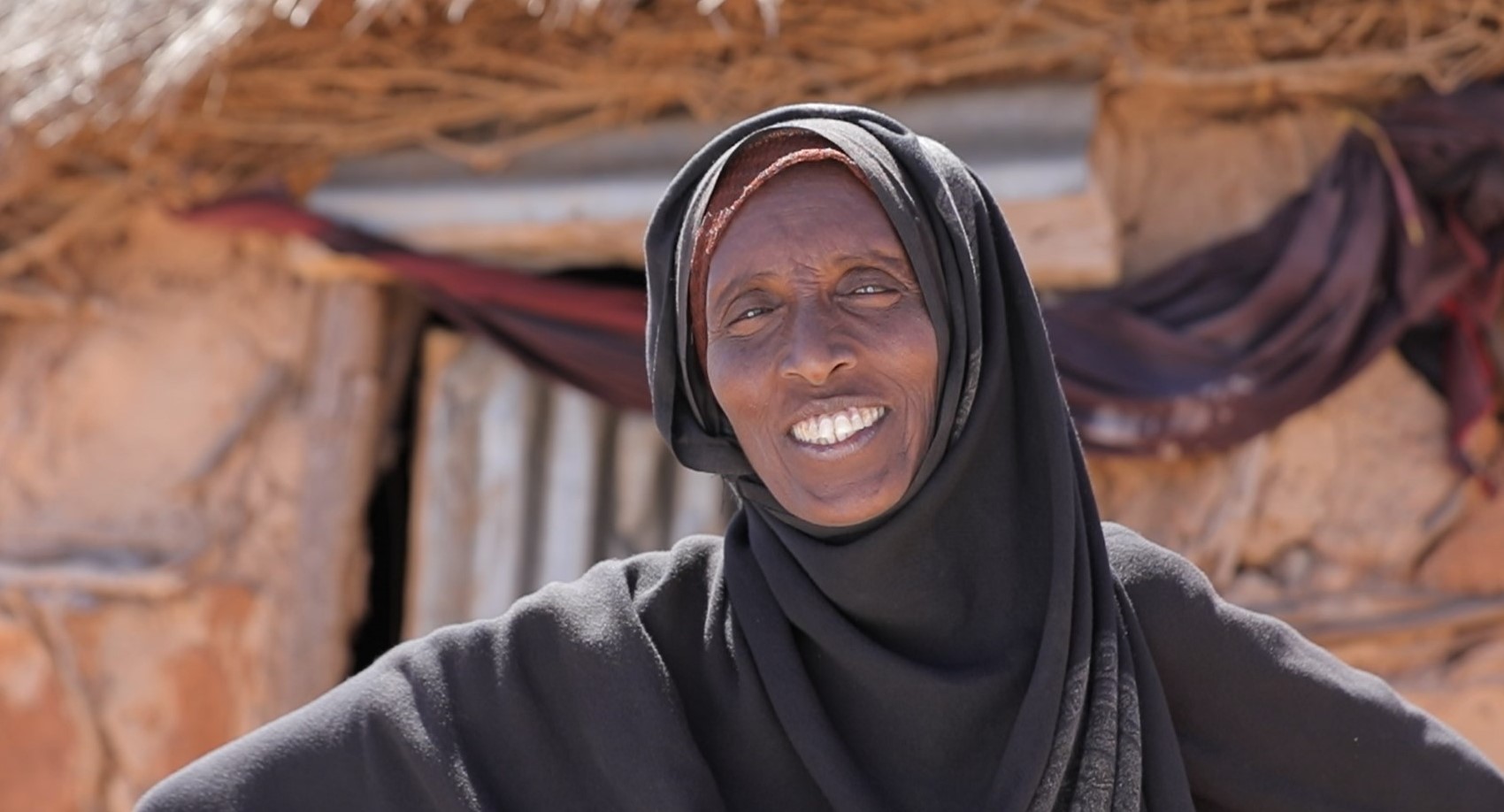
“In the future, I plan on selling them and be a trader of goods. I don’t want to lose these goats over something unworthy. I want to spend it on something fruitful,” Asoro says.
Qoje and his family were given 15,000 Birr (around USD 330) which he used to open a shop selling a variety of products.
“We are in a happy place now. From the life we used to live, our current situation is 100 per cent better. We’re looking forward to the future now,” says Qoje, accompanied by his wife.
